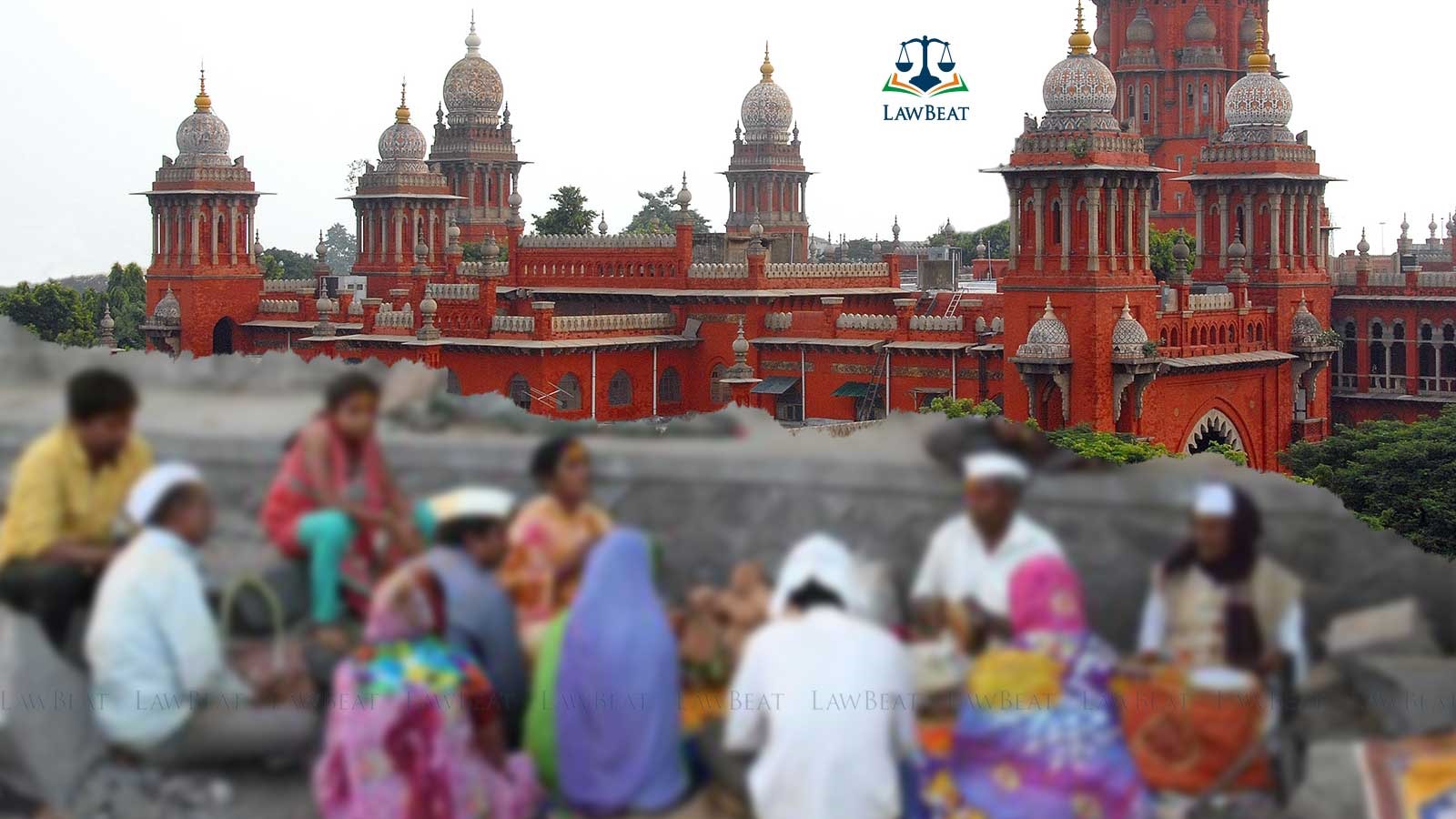'Bhakti Meant For Fostering Peace, Not Disruption': Madras HC on Organising Bhajans on Ram Mandir Pran Pratishtha

No misinformation or wrong information must be permitted to be spread, court said
In a writ petition challenging the denial of permission by the Tamil Nadu Police for the organization of "Bhajan and Annadanam" in Pattabiram, Chennai, on the momentous occasion of the Ram Mandir Pran Prathistha in Ayodhya on January 22, the Madras High Court made a significant observation. Court emphasized that there was no explicit prohibition in the State against singing Bhajans, uttering Rama Nama, or conducting Annadhanams on such auspicious occasions.
The bench of Justice N Anand Venkatesh duly acknowledged the stand taken by the State Government and the Police. They clarified that organizing the function on this sacred day was not inherently prohibited or restricted. However, the court made it clear that the only condition attached to this allowance was that all activities must be conducted responsibly and devoutly, ensuring they do not give rise to any law and order issues.
In a stern direction, the court said, "No misinformation or wrong information must be permitted to be spread and this will be kept in mind by all parties concerned".
Notably, the court underscored, "Ultimately everyone concerned must keep in mind that Bhakti towards God is only for peace and happiness and not to disturb the equilibrium prevailing in the society".
One L Ganapathy moved the high court under Article 226 of the Constitution praying for the issuance of a writ of certiorarified mandamus against the Police's order refusing him permission to hold a program for Rama Nama Bhajan and Annadhanam on January 22, at KKR Kalyana Mandapam, Pattabiram.
Senior Counsel G Karthikeyan and Senior Counsel S Ravi represented the petitioner and Additional Public Prosecutor A Damodaran appeared on behalf of the police authorities.
Though the court was informed by the police that the permission for the program had already been granted, however, court sought the stand of the Government and the Police about granting permission to conduct such functions / annadhanams.
Additional Public Prosecutor circulated the stand of the Government and also made oral submissions with regard to the stand of the Police in this regard.
The government submitted before the court that:
(a)The functions / Bhajans / Annadhanams that are conducted in private enclosures like mandapams, private temples and any other private place, etc., do not require any permission from the police. It will be left open to the organizers to make arrangements for live streaming of the Pran Prathishta at Ayodhya.
(b)Where, by conducting such functions, there is a possibility of spillover to the place which is accessed by the general public, the same has to be informed to the police to enable the police to take necessary measures to keep the situation under control and to ensure that no disturbance is caused to the free movement of the general public.
(c)If such functions are planned to be conducted within temples, which are within the control of the HR & CE Department, the concerned official belonging to the Department must be informed about the same beforehand, and the permission will be granted subject to reasonable conditions imposed by the Department, and
(d) Wherever considering the local situation, the police believe that the area is sensitive, it will be left open to the police to impose such restrictions and to ensure that the function does not lead to any unnecessary law and order problem.
Taking note of the same, the bench disposed of the petition at hand with the above-mentioned directions.
Case Title: L.Ganapathy v. The Assistant Commissioner of Police, Avadi Commissionerate and Another
